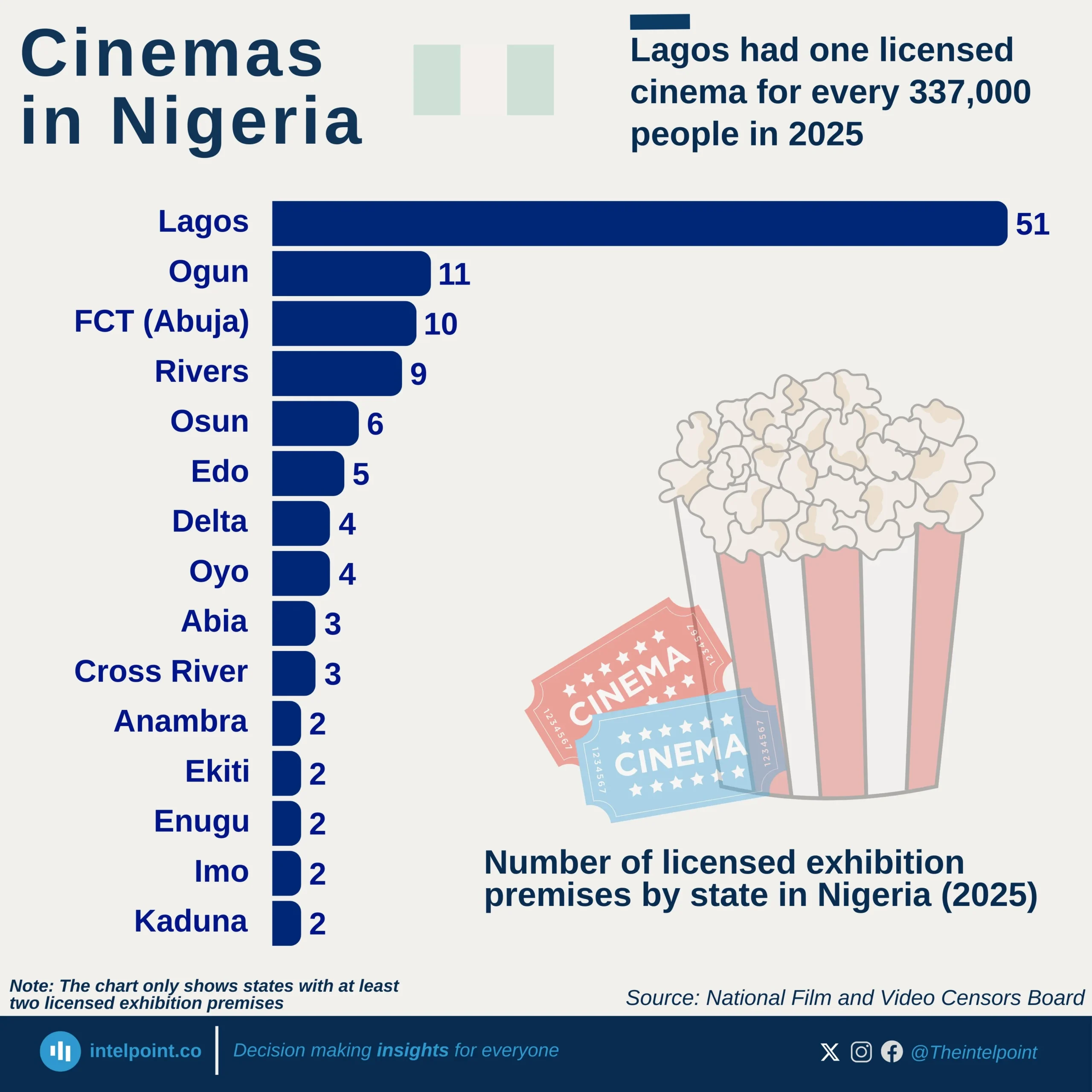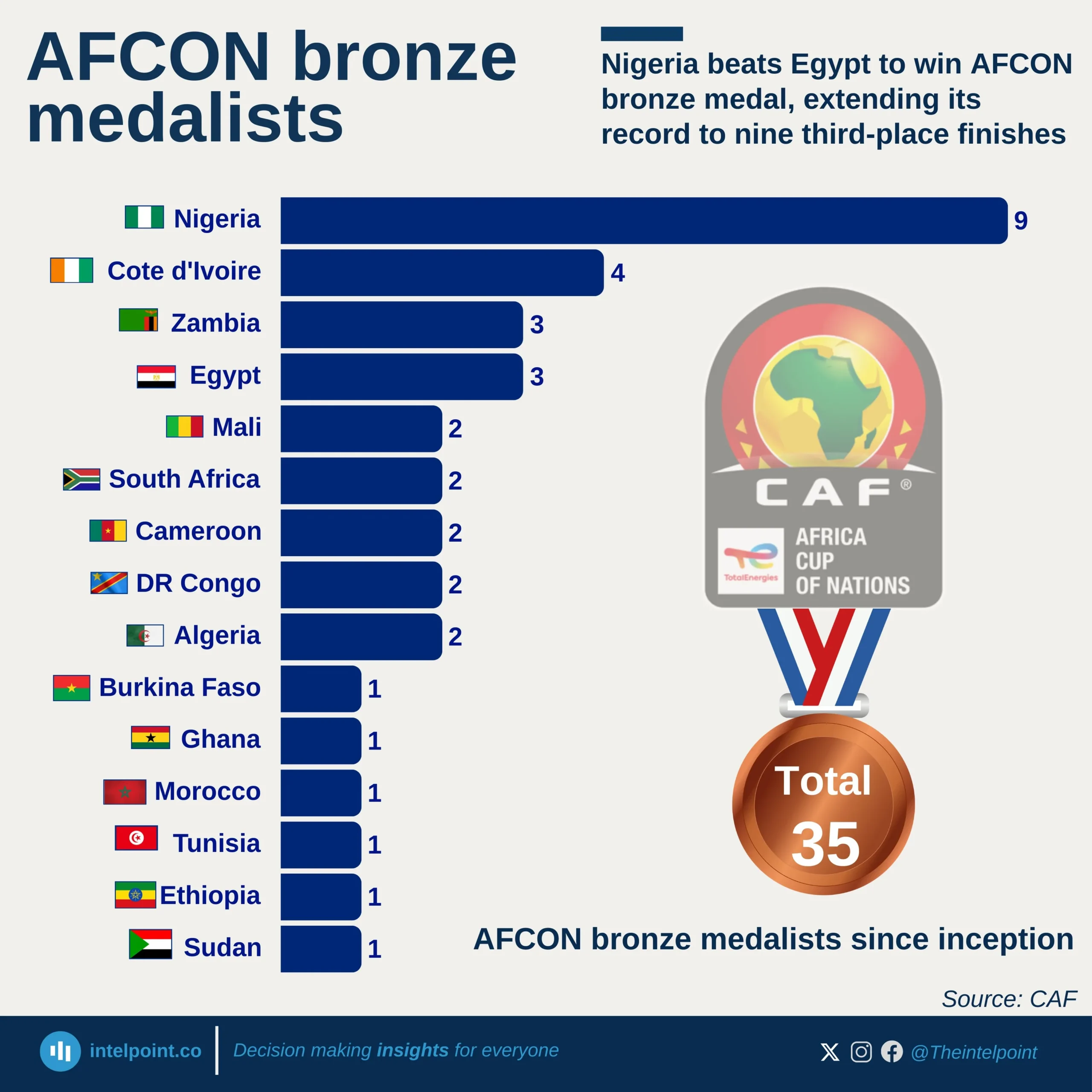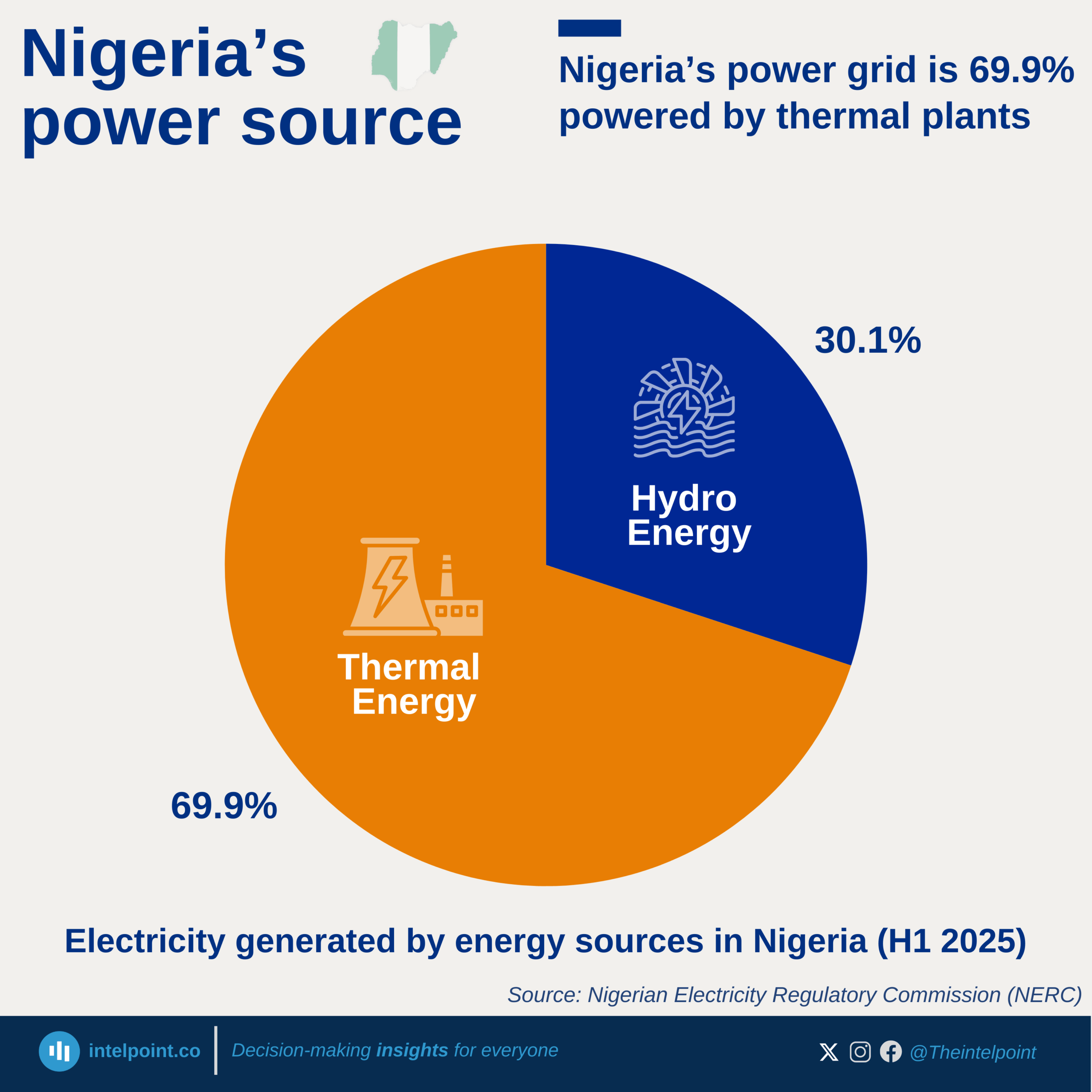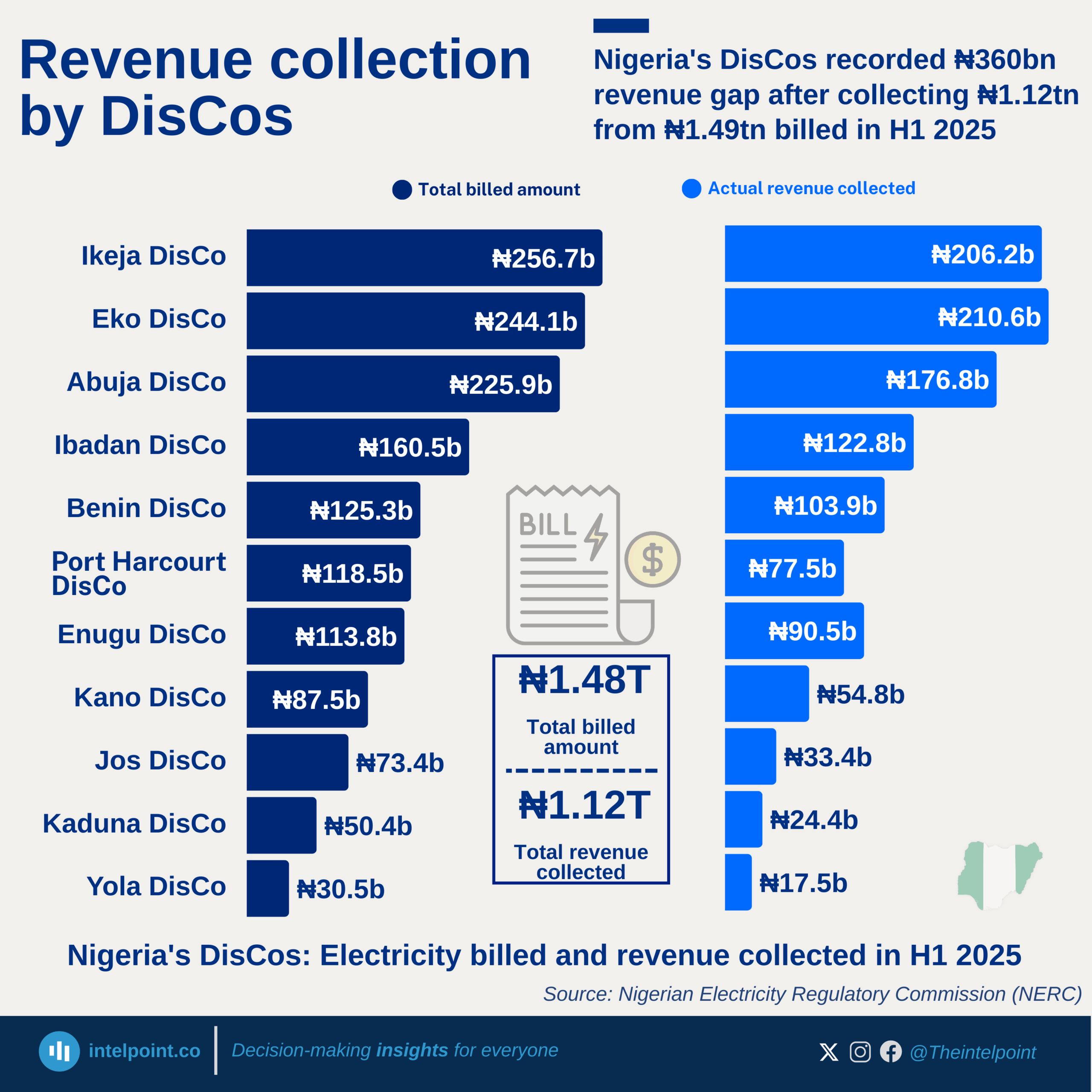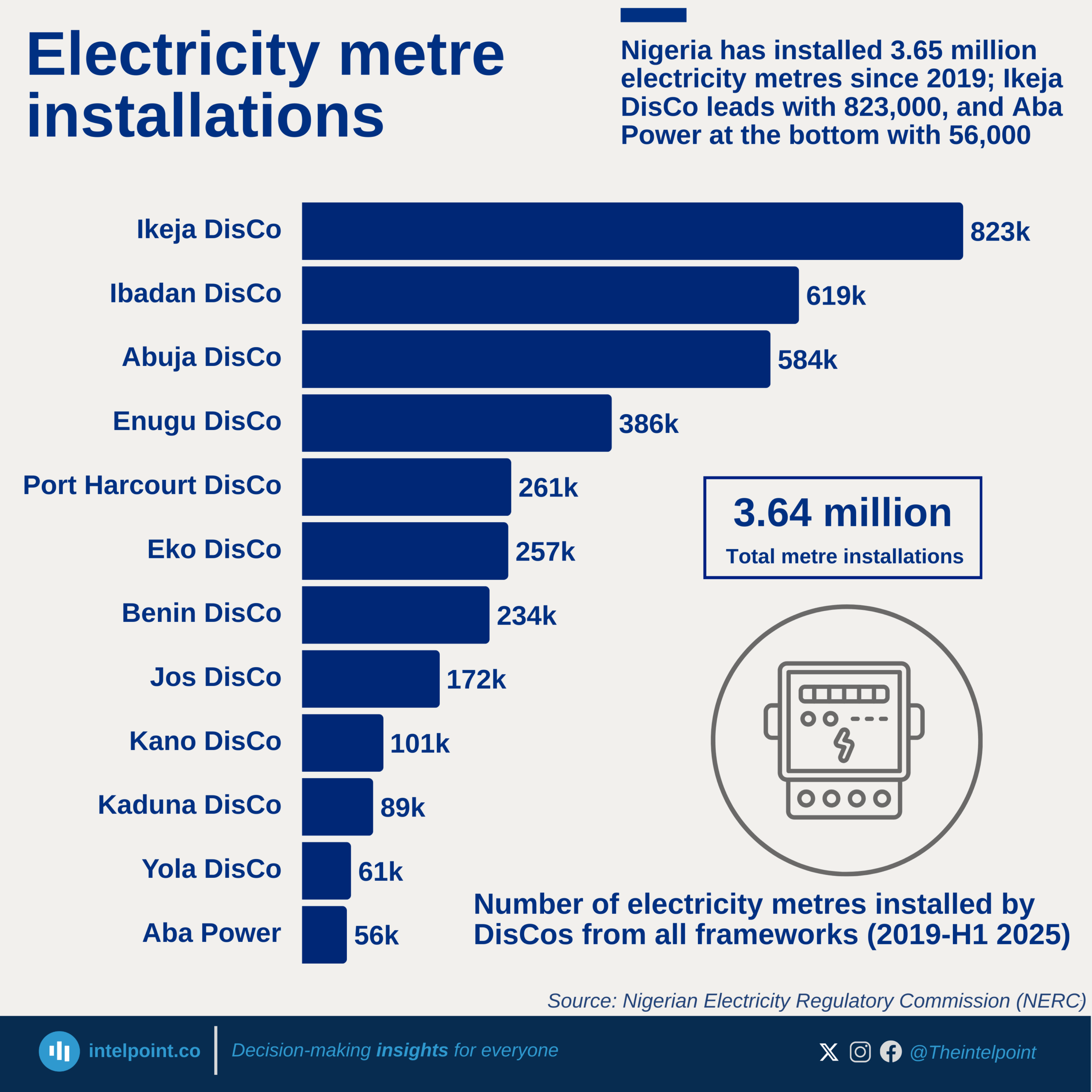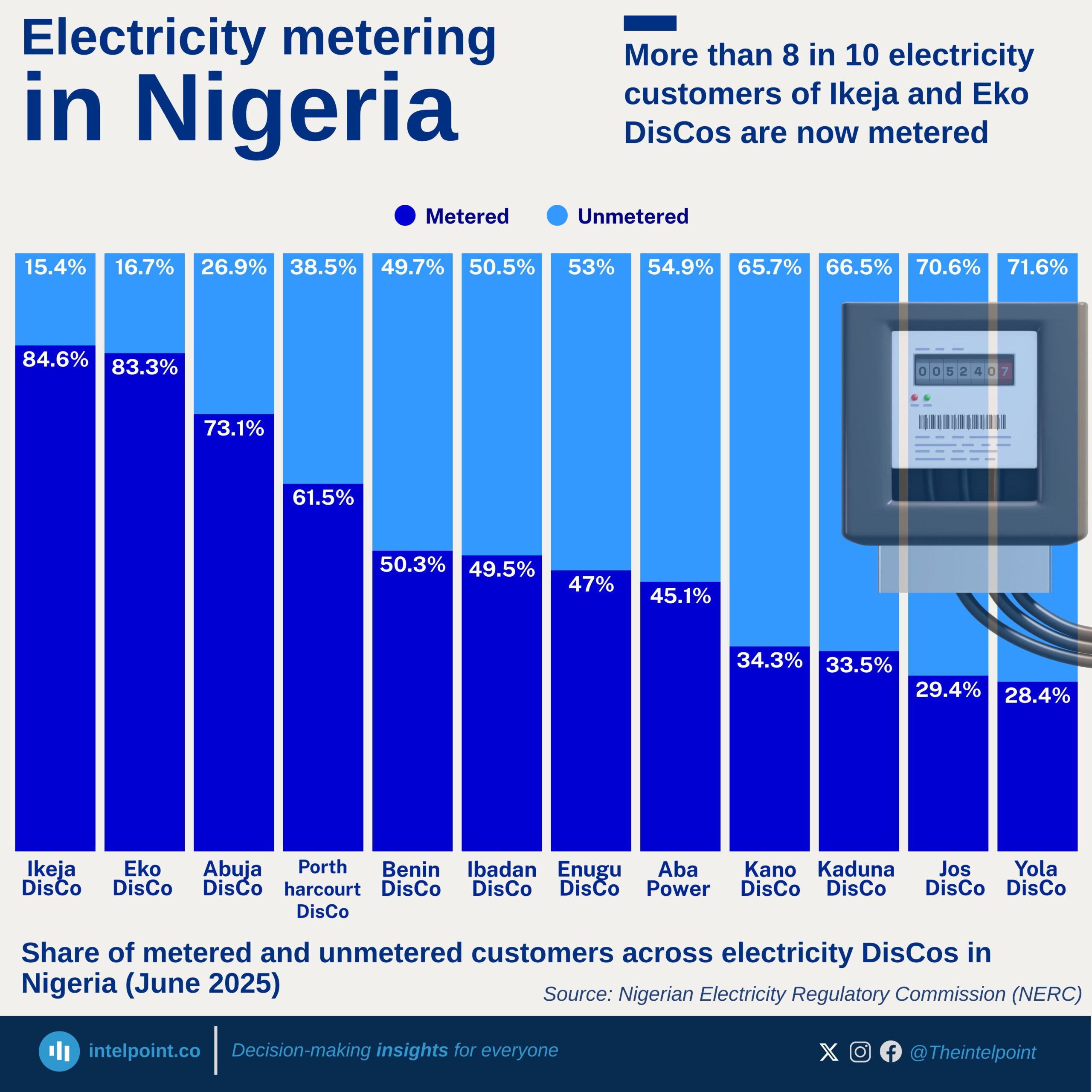Over the past 15 years, Nigeria has experienced sharp fluctuations in Schengen visa denials. From a low of just 207 in 2010, rejections skyrocketed to over 50,000 by 2024, a staggering surge that marked the highest point in the period under review. The abrupt rebound post-pandemic highlights the challenges Nigerians face in securing Schengen visas, despite maintaining steady application rates. The numbers reflect more than just bureaucracy; they hint at deeper geopolitical, migratory, and diplomatic undercurrents shaping mobility in and out of Europe.
Between 2009 and 2024, over 1.1 million visa applications were filed in Nigeria. Of these, 491,844 were rejected, representing a 42.1% overall denial rate. This rejection percentage was consistently high, peaking at 52.5% in 2017, and dipping slightly to 51% in 2020.
Even as application numbers surged post-COVID, reaching a historic high of 111k in 2024, the denials did not reduce, with 45.9% of applicants turned away in the most recent year.
While the visa demand continues to grow, the disparity between applications and approvals remains sharp and costly. It’s important to note that application fees are non-refundable, currently around €90 for adults and €45 for children. From this report, Nigerians have lost millions of euros over these 15 years to unsuccessful applications. These rejections carry not just financial implications but also reflect deeper challenges faced by many Nigerians seeking mobility opportunities abroad.
